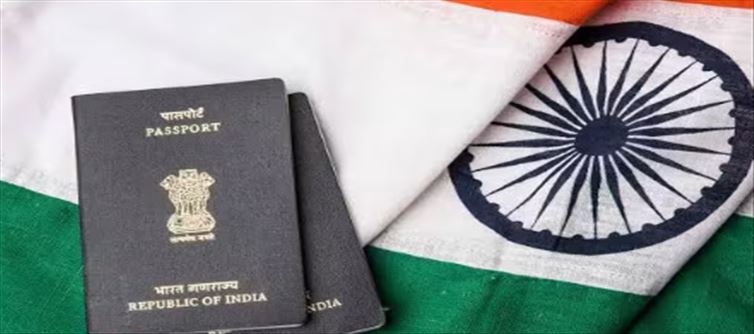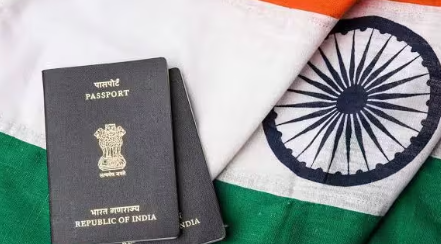
Citizenship Rules: A Worldwide Puzzle.!

The united states also practices birthright citizenship, allowing children born on U.S. soil to become citizens, irrespective of their parents' nationality. However, obtaining citizenship through this route doesn't grant immediate benefits; for instance, a child can apply for a green card for their parents when they turn 21, subject to financial stability and other requirements.
In Canada, citizenship requires a minimum of 1,095 days of physical presence over five years, with at least two years of permanent residency. Payment of taxes, a clean legal record, and knowledge of Canadian civic duties, history, and language are additional prerequisites.
In India, citizenship laws have evolved over time. Individuals born between january 26, 1950, and July 1, 1987, are considered indian citizens regardless of their parents' citizenship. Subsequent changes account for various scenarios involving the parents' citizenship status.
Ultimately, the complexity of citizenship laws underscores the importance of understanding specific regulations in each country. Birthright citizenship, while a common practice, is subject to variations in requirements and conditions across the globe.


